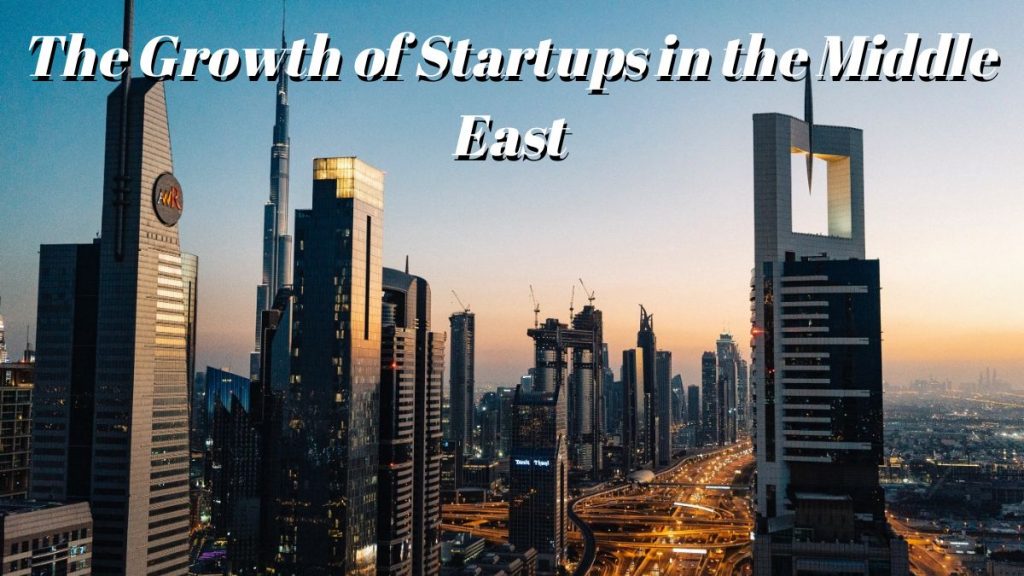The Middle East has established global recognition as one of the primary innovation hubs. Countries like UAE, Bahrain, and Saudi Arabia are championing the movement of increasing tech capabilities and enhancing the tech economy. For instance, Dubai released a Metaverse strategy earlier this year. The Emirate also launched a robotics and automation programme earlier this month. These initiatives have created a conducive environment for tech innovation. Most importantly, they have significantly contributed to the rise of tech startups across the Middle Eastern region.
This article will discuss Middle Eastern startups and the factors responsible for their recent growth.
Middle Eastern Startups are Growing
In the past decade, the Middle East has witnessed an unprecedented rise in the number of the region’s startups. For instance, startups in the Middle East and North Africa (MENA) increased from 3,000 in 2016 to over 21,000 in 2021. These figures indicate that the startup culture in the Middle East has risen in the past few years.
However, apart from the growth numbers, Middle Eastern startups are also getting much-needed attention from global investors. Investment in Middle Eastern startups peaked at $2 billion last year. The investment trend has continued this year, with startups receiving $378 million in August 2022 alone. This figure represented a whopping 260 per cent increase from funding the previous month.
The driving forces for this unprecedented startup growth in the Middle East are numerous. Some factors include:
Favourable Regulatory Environment:
Many Middle Eastern countries have realised that the key to attracting innovative startups is creating an enabling regulatory framework. For instance, Bahrain enacted a cryptocurrency regulation earlier this year. The country’s Central Bank also created a sandbox for startups to test their products. Not long after, crypto startups emerged in the country, with big names like Binance joining the bandwagon.
Abundance of Capabilities:
Specific Middle Eastern countries have initiated policies to train their citizens, harness new talents, and boost tech capabilities. For instance, the UAE has announced its goal to create 20 unicorns by 2031. To achieve this, the country has been intentional about optimising startup capabilities. The UAE government also created the Entrepreneurial Nation initiative to help startups skill up and scale their activities.
Availability of Infrastructure:
The availability of basic infrastructure has primarily driven the growth of innovative startups in the Middle East. Unlike many other regions, many Middle Eastern regions offer abundant access to vital infrastructures like transportation and power. This infrastructural abundance has positioned the Middle East as the ideal destination for startups to conduct their operations. More importantly, it has helped support the growth of the region’s existing startups.
Ultimately, this startup growth indicates that the Middle Eastern tech economy is booming. Thus, Middle Eastern countries must engage stakeholders and encourage conversations on how the startup culture can be maintained and enhanced. GITEX 2022 is set to provide a platform for these conversations.
The event will feature specialised panel sessions on the rising startup culture in the Middle East and the global tech ecosystem. With a government presence spanning over 250 entities, GITEX 2022 will likely facilitate one of the largest global public-private engagements on startup growth. To participate in these discussions or showcase your startup’s innovations, you can register for the event and book a stand.




























